College of Sciences
Department of Computer Science
Fiscal Year 2024-2025
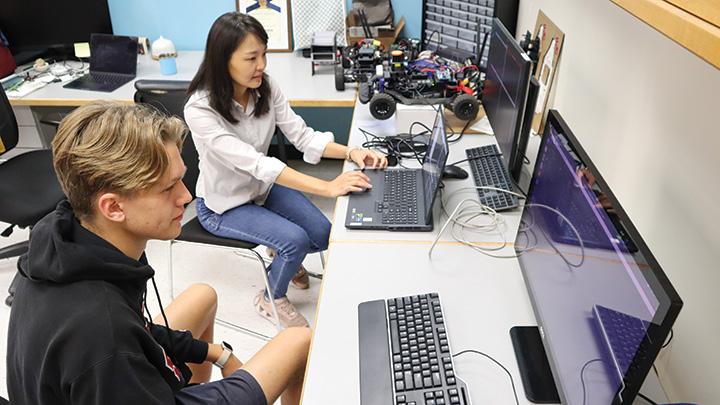
Dear Donor,
This marks my eighth academic year as chair of the Computer Science Department, and I would like to express my heartfelt gratitude for your continued generous support. Over this period, the department has undergone signifcant transformations. Several esteemed senior faculty members have retired, and since 2018, we have welcomed nine exceptional new faculty members. We are enthusiastic about their contributions, which include innovative courses and interdisciplinary research. In 2022, we modernized both our undergraduate and master’s curricula.

We are also launching a Master of Science in AI and Technology, and an accelerated 4+1 program that allows undergraduates to earn a master’s degree in one year. In 2024, we welcomed Dr. Robert Beverly as the founding director of our Cyber Security Center of Excellence. These additions strengthen our position and expand national recognition.
We deeply appreciate the support of donors like you, whose generosity impacts students today and for years to come. Please stay connected—your involvement truly transforms lives.
Shangping Ren, Ph.D. Department Chair Professor of Computer Science College of Sciences





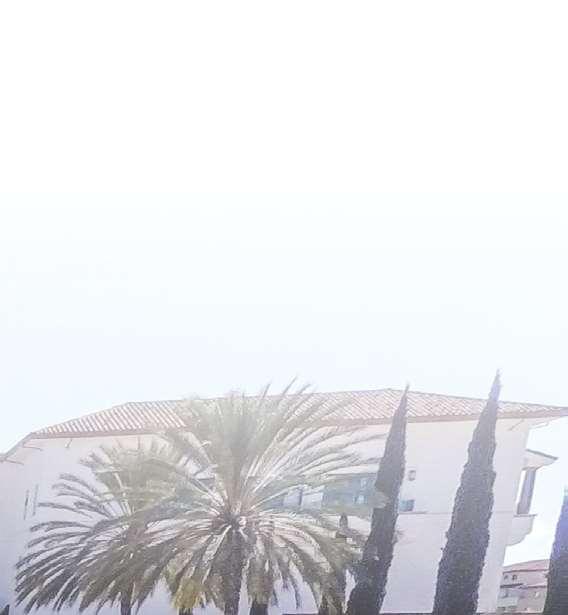

Propelling the SDSU Community Forward
Cyber Innovation Group Research Fund
The Department of Computer Science received a signifcant donation to establish the Cyber Innovation Group Research Fund, providing funding for research needs and travel to conferences for faculty and students who are part of the Cyber Innovation Group.
The Cyber Innovation Group at SDSU is dedicated to the invention of new technologies in the broad telecommunication and networking areas. The current research efort is focused on designing new energy-efcient wireless networking protocols to support Quality of Experience (QoE) for multimedia applications, developing cutting-edge Internet of Things (IoT) applications, and creating modern wearable body sensor systems for mobile healthcare. The 3D Game Programming Lab supports research in service-learning with game development. Students interested in the feld of serious games can use the PCs, Xbox 360s, and Xbox Kinect systems to design and implement 3D games that beneft disciplines outside of computer science.
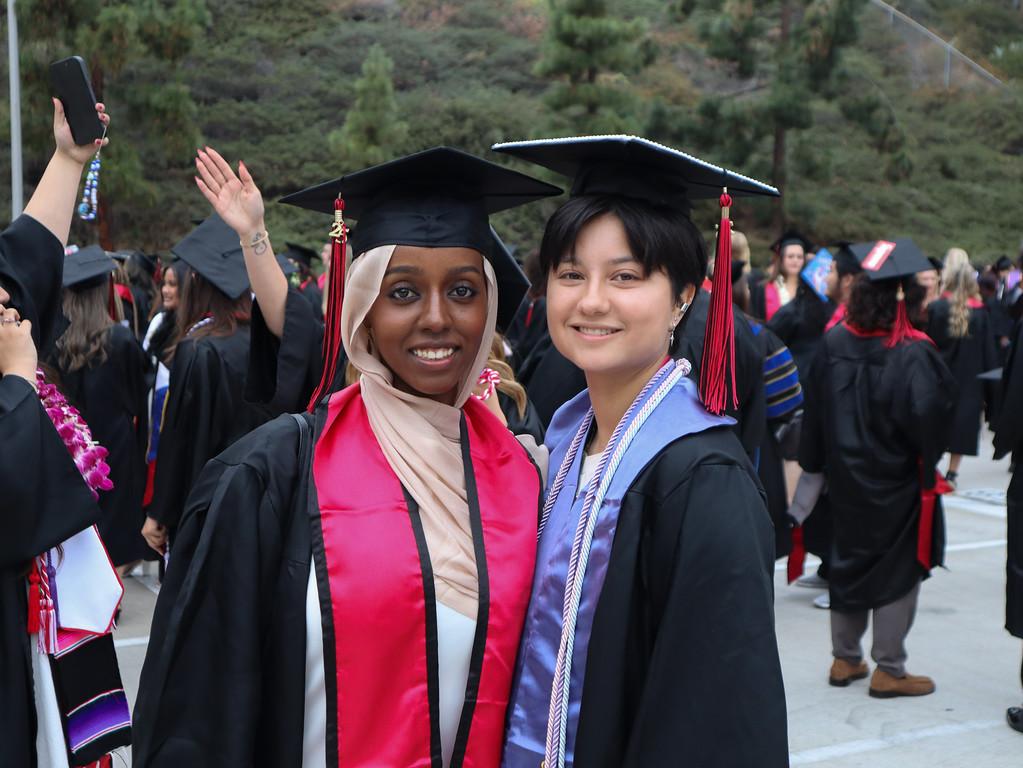
Thriving in the Aztec Experience
Everett Richards, Class of 2026
Class Level: Undergraduate Student
College: College of Sciences
Major: Computer Science and Applied Mathematics
I’m a double major in computer science and applied mathematics at San Diego State University, where I’ve maintained a 4.0 GPA while actively contributing to research, leadership, and service.
My research explores deep learning for robotics, autonomous vehicle perception, and construction robotics. I’m excited that a frst-author paper of mine was recently accepted to the 2025 IEEE International Conference on Edge Computing and Communications (IEEE EDGE 2025).
As president of SDSU’s Association for Computing Machinery (ACM) chapter, I’ve organized hands-on workshops, overseen the student-led Innovate 4 SDSU Hackathon, and created new ways for students to get involved in computing. I also represent the College of Sciences on the University Council and work as a tutor at the Math and Science Learning Center (MSLC), continually striving to uplift the academic and research environment for my peers.
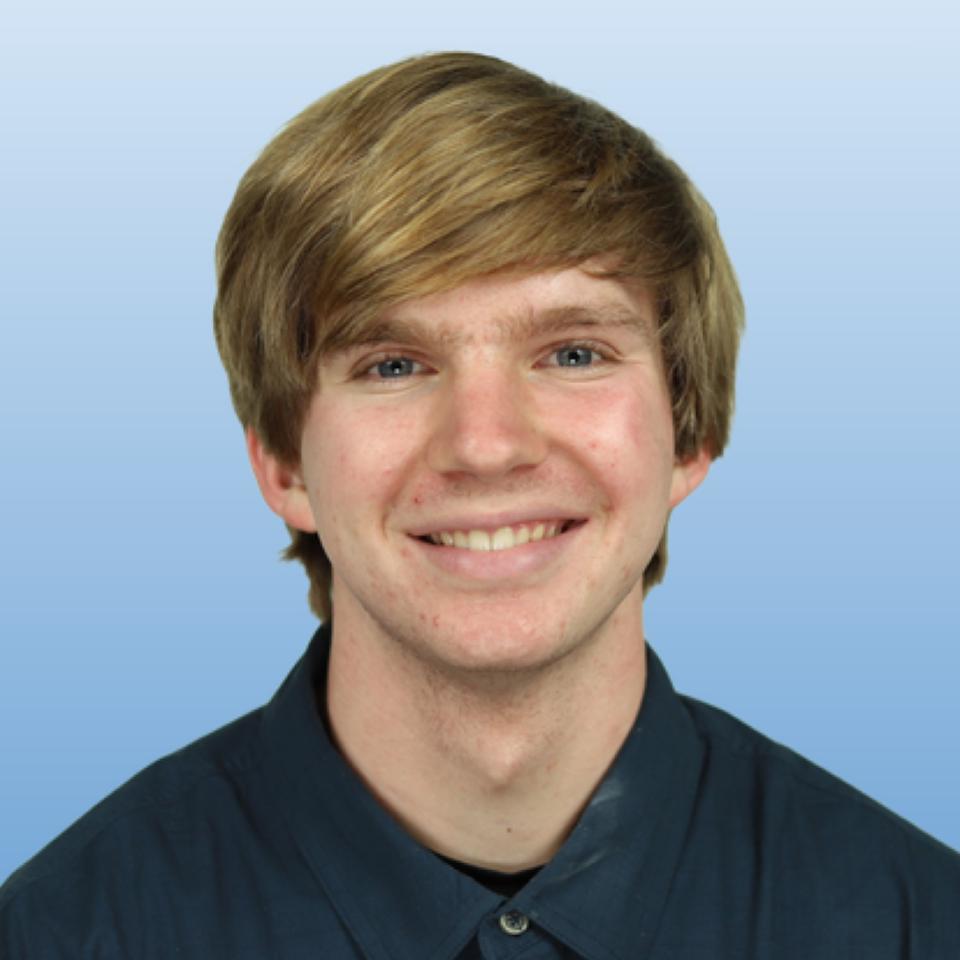
Through these experiences, I’m building a strong foundation to pursue a Ph.D. in Computer Science and contribute meaningful research to the feld of artifcial intelligence. “
Through these experiences, I’m building a strong foundation to pursue a Ph.D. in Computer Science and contribute meaningful research to the feld of artifcial intelligence.
Pascal Reich, Class of 2024 Class Level: Undergraduate Student College: College of Sciences
Major: Computer Science
During my time at SDSU, I had the privilege of working with exceptional professors who encouraged me to go above and beyond.
As part of a research lab, I worked on autonomous racecars and even had the opportunity to compete in a race in Hong Kong. I also enjoyed supporting my peers by serving as a tutor at the MSLC and as a grader for algorithms.
I was honored to be named the Most Outstanding Graduate of the Department of Computer Science and will be starting Carnegie Mellon’s Master of Software Engineering program this fall.
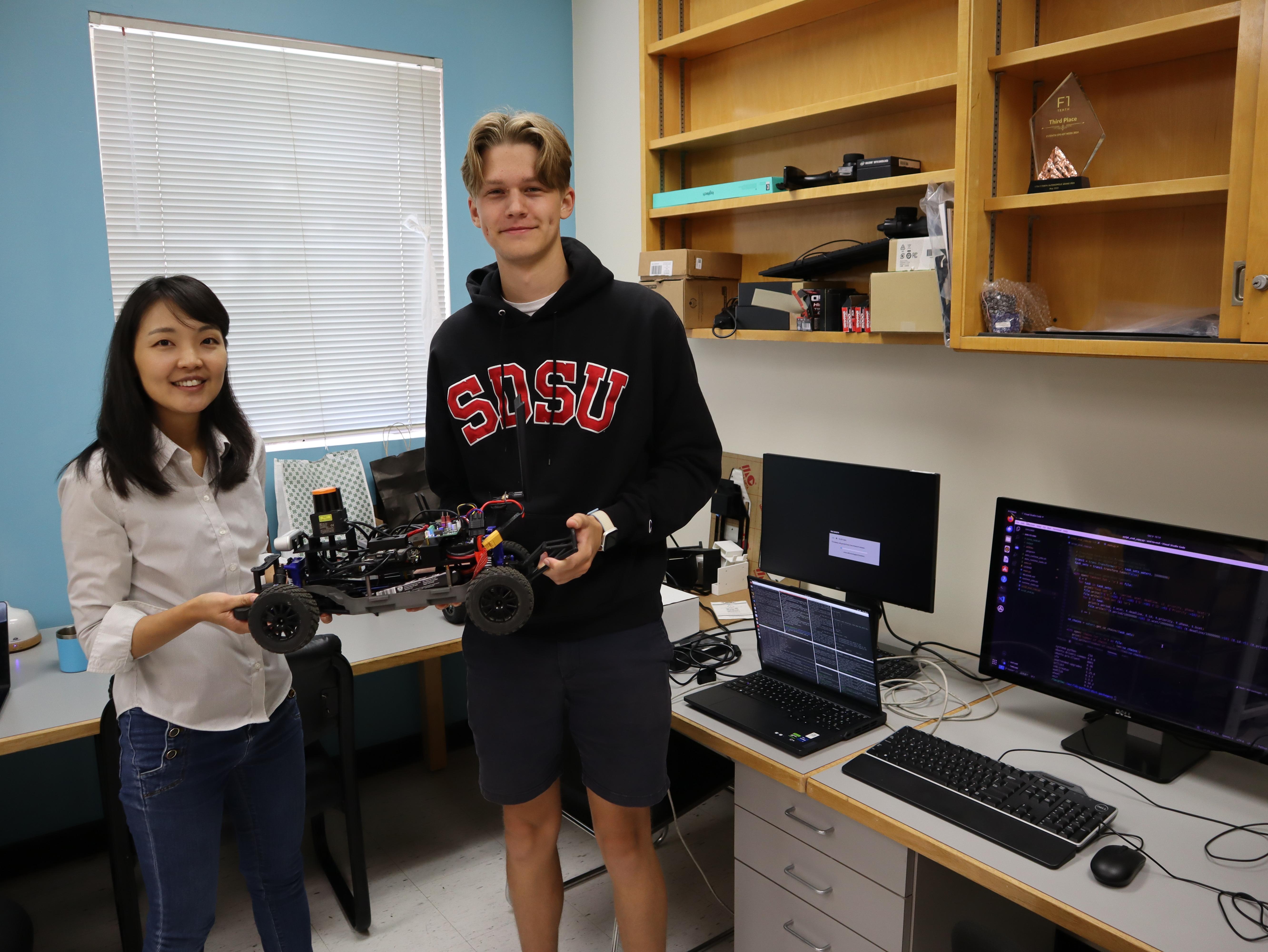
I was honored to be named the Most Outstanding Graduate of the Department of Computer Science and will be starting Carnegie Mellon’s Master of Software Engineering program this fall.
Celebrating Shared Success
Statistics of Interest
The College of Sciences awarded more degrees to international students than any other college this spring, with computer science being one of the top degrees among these graduates. Over 1,300 undergraduate and graduate students are enrolled for Spring 2025.
Recent Highlights
Sawyer Jones’s paper won Best Paper Honorable Mention at the 2025 Computer Science Conference for CSU Undergraduates.
Peter Bartoli’s team—students Jayden Dy, Team Captain Bryan Zublin, Jack Pesek, Nick Porter, Gerald Wolf, Keigo Morita, and Eli Mishriki—led SDSU to a 19th-place fnish among 550 colleges nationwide during this fall’s National Cyber League competition season.
Jayden Dy individually placed 38th out of 9,260 students.
Bartoli’s team has also qualifed for the upcoming Western Regional Collegiate Cyber Defense regional fnal for the third consecutive year.
Top Choice

Achievements
The College of Sciences led in awarding degrees to international students this spring, with Computer Science as a top choice among over 1,300 enrolled undergrad and grad students.

Sawyer Jones earned Honorable Mention at the 2025 CSU Undergrad CS Conference. Peter Bartoli’s SDSU team ranked 19th nationally, and Jayden Dy placed 38th individually.
Robert Beverly, Ph.D.
Title: Director, Cybersecurity Center of Excellence and Professor of Computer Science College: College of Sciences
Achievement: Professor Beverly is an applied cybersecurity researcher with a passion for understanding, breaking, and hardening real-world systems.
His work employs large-scale measurement, machine learning, and data analytics to improve the security, privacy, and resilience of networked systems and critical infrastructure. Recent research from Dr. Beverly’s lab explores inter-domain routing vulnerabilities, infrastructure robustness, and network protocol privacy, security, and design.
Dr. Beverly joins SDSU from the National Science Foundation (NSF), where he was a program director managing the cybersecurity portfolio within the Ofce of Advanced Cyberinfrastructure, and from the Naval Postgraduate School in Monterey, CA, where he was a faculty member in the Computer Science Department.

He received his Ph.D. in Electrical Engineering and Computer Sciences from MIT and a B.S. in Computer Engineering from Georgia Institute of Technology. In his free time, he enjoys trail running along the California coast, spending time with his family, skiing, and tinkering with old European cars.
Rob is excited to lead SDSU’s cybersecurity initiative as the founding director of the Cybersecurity Center of Excellence, which seeks to engage students and interdisciplinary faculty to tackle critical national and societal cybersecurity challenges and serve as a regional catalyst to produce highquality, diverse cybersecurity professionals and researchers.
“Dr. Beverly brings a passion for breaking and securing real-world systems to lead SDSU’s Cybersecurity Center, uniting students and faculty to tackle critical national cyber challenges.
Bryan Donyanavard, Ph.D.
Title: Assistant Professor College: College of Sciences
Achievement: Dr. Donyanavard achieved several signifcant milestones this semester that are helping shape the future of Computer Science at SDSU.
He successfully launched the department’s frst-ever senior capstone project course, providing undergraduate students with opportunities to apply their knowledge to real-world challenges and industry-driven projects.
He was also awarded a National Science Foundation (NSF) grant as the sole principal investigator (PI) to support his research on autonomous cyber-physical systems.
Additionally, Dr. Donyanavard serves as co-principal investigator (Co-PI) on a second NSF-funded initiative aimed at expanding SDSU’s artifcial intelligence capacity. This collaborative project brings together faculty from the College of Engineering at SDSU and partners at UC San Diego to advance interdisciplinary AI research and education.
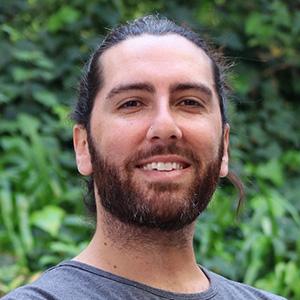
“Dr. Donyanavard is driving innovation at SDSU, from launching the frst senior capstone course to securing NSF grants that advance research in cyber-physical systems and interdisciplinary AI.
”
Faculty Achievements
Salimeh Sekeh, Ph.D.
Title: Associate Professor of Computer Science College: College of Sciences
Achievement: Dr. Salimeh Sekeh is a trailblazing researcher in artifcial intelligence and the director of the Sekeh Lab.
She is the recipient of the prestigious CAREER Award, one of the most competitive honors for early-career faculty in science and engineering, as well as a research gift from CISCO, recognizing the broader impact of her work on the future of AI technologies.
Beyond her research, Dr. Sekeh is deeply committed to community engagement and education. She organizes SDSU’s AI Seminar Series, fostering collaboration and knowledge exchange among students, faculty, and industry leaders. She also leads outreach initiatives for high school students, sparking interest in STEM and AI among the next generation of scholars. In Summer 2025, Dr. Sekeh will serve as the lead organizer of a Deep Learning and AI Bootcamp at SDSU, ofering students intensive, hands-on training in advanced AI methods and tools.
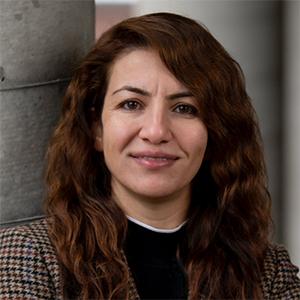
Professor Sekeh’s research interests lie at the intersection of machine learning and computer vision. Her primary focus is on the design, improvement, and analysis of AI techniques with an emphasis on efciency and robustness. In particular, she works on out-of-distribution (OOD) detection and generalization, generative models, large language models (LLMs) for OOD detection, continual learning methods, robustness, domain adaptation, vision-language models for imbalanced classifcation, and graph summarization. On the applied side, her research spans interdisciplinary and multidisciplinary projects with strong contributions to understanding and predicting real-world problems such as biological imaging, healthcare, smart transportation, and robotics.
Her work has been published in IEEE Transactions on Neural Networks and Learning Systems (TNNLS), IEEE Transactions on Signal Processing, IEEE Transactions on Intelligent Vehicles, ECCV, ICLR, ICPR, BMVC, CVPR, AAAI, and other AI journals and conferences. She has mentored multiple Ph.D., master’s, undergraduate, and high school students.
